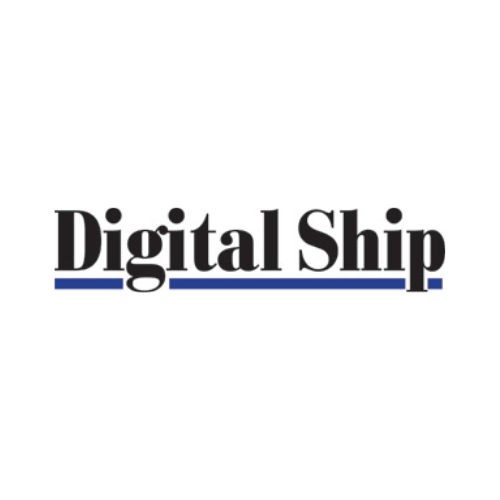SeaBot Maritime is strengthening its role in the UK’s autonomous maritime sector through a new partnership with the University of Plymouth. The collaboration aims to align industry needs with academic expertise and expand access to specialist training. Courses in Plymouth will begin in 2026, connecting two major centres of maritime innovation.
Infoplaza has introduced i-nav, a digital platform designed to bring voyage planning, routing intelligence and compliance management into a single environment. By combining weather expertise, multi objective optimisation and automated reporting, the company aims to give operators clearer control over fuel use and regulatory readiness. The launch comes at a time when shipping faces mounting pressure to make smarter, data led decisions.
Hoyer and VMS Group have merged to form Hoyer VMS Group, a global partner for power and motion solutions across marine and industrial sectors. The combined company aims to give operators a single point of support for equipment supply, service and optimisation. Its leaders say the move responds to rising demand for digitally enabled lifecycle management and energy efficient upgrades.

Where operational excellence meets net zero ambition
Hapag-Lloyd’s next generation of large container ships places efficiency and emissions reduction at the centre of their design. With construction underway in China, TMC Compressors has been selected to supply the compressed air systems that will support the vessels’ low emission operations. The project highlights how equipment makers are adapting to the sector’s changing fuel and engine choices.
The European Commission’s Sustainable Transport Investment Plan is setting clearer expectations for how the maritime sector should progress towards cleaner operations. This feature looks at how the Waterborne Technology Platform views the plan and why stakeholders believe coordinated action is essential for decarbonisation.
Yesterday's Most Engaging Story:
by Kris Vedat, CEO of SmartSea
Picture this: an airline pilot can fly from London to Singapore using a single digital ID that connects seamlessly across systems, regulators, and airports. In contrast, a ship’s captain joining a vessel might still be juggling paper certificates, scanned PDFs and paper records which not only slows down the process, but it can also be immensely frustrating. Add this to the number of crew on board going through the same process.
This captures one of maritime’s biggest digital challenges: a lack of standardised data. While aviation’s interoperability allows information to move securely between stakeholders, shipping remains bogged down by incompatible formats, duplicate inputs, and siloed systems.








